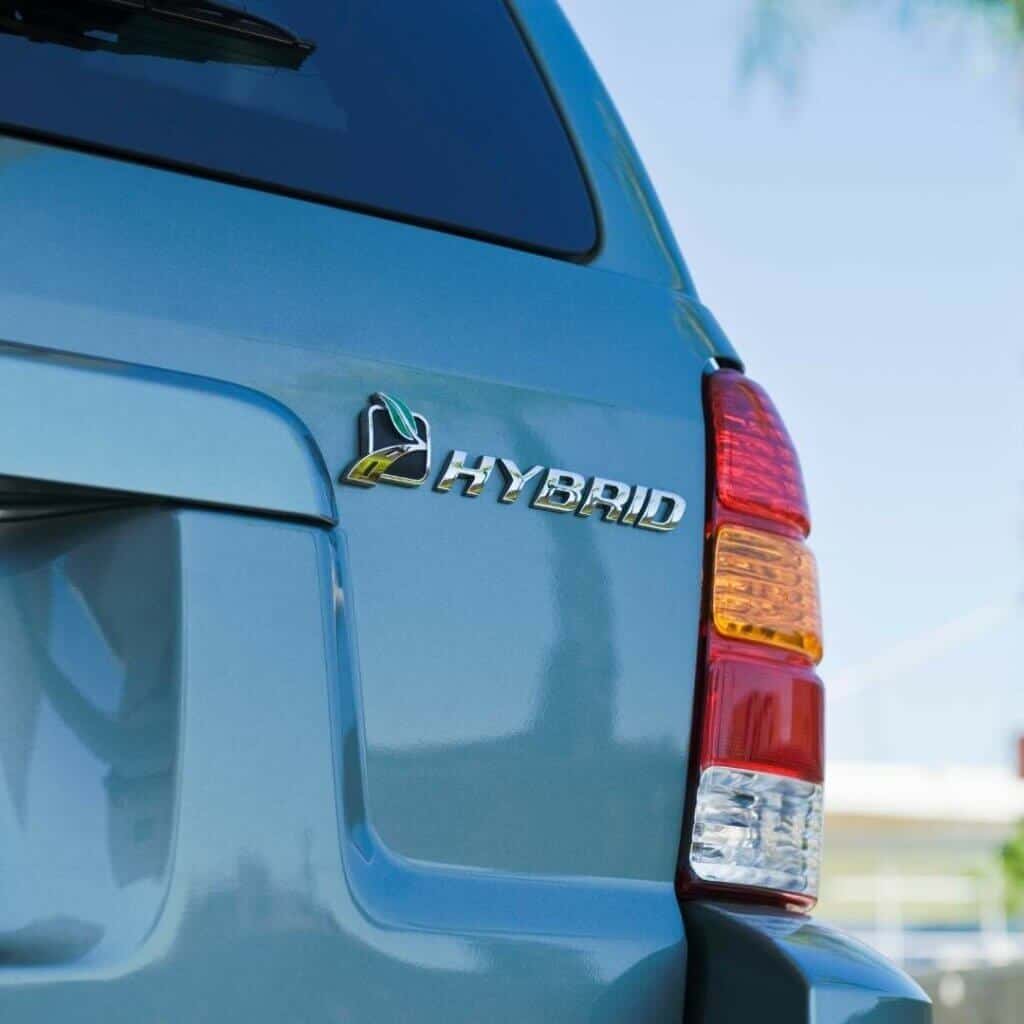Are you familiar with Toyota Yaris Cross problems and recalls?
Toyota Yaris is a well-known nameplate. With the many variations over the years, the Toyota Yaris Cross takes its spot as a subcompact SUV model. It’s a quality vehicle but one that can end up with rough problems. Those most common or troublesome will be covered as we go over Toyota Yaris Cross problems.
Toyota Yaris Cross
Toyota Yaris Cross is a nameplate used for two vehicles from their subcompact Crossover SUV offer. The first car to bear the nameplate came out in 2020 as a Crossover SUV counterpart of the original Toyota Yaris. It goes under the model ode XP210 which makes it distinct from the other vehicle. The other vehicle was released in Indonesia using new architecture but same name, bearing the code AC200.
Toyota Yaris Cross has a 5-door SUV body style. The base construction of the XP210 model is heavily based on the original Yaris, which the car is an extension of. Its initial announcement was delayed but hit Japan in September 2020. Soon to be followed by Australia and Europe.
The powertrain of the Toyota Yaris Cross provides owners with a few options. A regular petrol engine, petrol hybrid, and fully electric motor are all available for the car. This allows the vehicle to fill multiple niches in the market while still being distinct from its sister models.
Toyota Yaris Cross Problems

Just like any vehicle, the Toyota Yaris Cross isn’t without its problems. The most common ones on a Toyota Yaris Cross involve engine misfires, odd vibrations and noises, clutch issues, and ABS malfunctioning. The seatbelt anchor not working well was also recorded during a recall.
- Engine misfires
A lot of the issues with the Toyota Yaris Cross tie into its power. The problem of engine misfires is no different. As the engine fails to properly start, the car will be left in place unable to actually start.
Additionally, the vehicle can lose power and consume more fuel. Engine misfires in Toyota Yaris Cross are multi fauceted problems that are best dealt with immediately. [1]
When it comes to Toyota Yaris Cross, the engine misfiring has been reported by quite a few owners. This problem can be tracked down to two potential culprits. The first one is the spark plug of your vehicle. The second is the ignition coil. Both of these can play a part in engine misfire so checking out both is recommended.
- Vibrations and noises
As with any car, hearing odd noises from our vehicle can be quite distressing. The unusual noises and vibrations with the Toyota Yaris Cross usually signify other issues of the car. Though noises can really help in determining something bad is going on.
Suspension systems are a frequent culprit of such noises and their malfunction is often quite a hassle. Not only will suspension issues cause noise, but they also impair the quality of the drive.
Suspension systems help with shock absorption, making a ride far more enjoyable so it figures that such a problem is often tied to them. However, there are other things to check if your car starts vibrating or sounding in a way it shouldn’t. [2]
- Clutch problems
Clutch problems are among the most reported problems with the Toyota Yaris Cross. This issue in the Toyota Yaris Cross usually comes from the clutch slipping. The drivers will soon notice the side effects of this issue.
Your RPM will go higher but the speed will stay the same, poor performance, and a burning smell are all signs that the clutch isn’t acting well. [3]
The Toyota Yaris Cross owners have reported multiple sources of the issue. However the most common ones come from overheating and leaking oil. These two causes can often lead to even more issues if not treated. [4]
- Sensor problems recall
Toyota has issued a recall that affected over 18,000 cars in 2022 due to a faulty sensor. The Milimetre Wave Sensor and a camera to detect objects weren’t operating as they should. Leading to the inferior function of the radar sensor system.
The issues involved not being able to increase or decrease cruise control speed with the cruise control switch, lane centering not working, and no detection of the vehicles near you. This increases the chances of crashing and compromises the functionality of the sensors. Toyota has urged all affected o report immediately. Specific models affected were produced between May 2020 and August 2021. [5]
- Seatbelt anchor malfunction
Toyota Yaris Cross has had a considerable issue with its center rear seatbelt anchor. The malfunction makes the anchor harder to use and increases the danger for those riding in the back. This problem got so bad that Toyota issued a recall in October 2020. [6]
Solutions to Toyota Yaris Cross
It’s important to consistently change your fuel to make the Toyota Yaris Cross last longer. After all, suspension problems usually happen due to the components that enable suspension to wear out.
By properly oiling our car we allow them to last far longer. Additionally, the car in general will perform better if oil is kept at a healthy level.
For the ABS and clutch problems, consistent maintenance is a must. The more time we spend not addressing the issues the worse the repercussions get. Maintenance will involve checks throughout the car that can reveal problems before they get too bad.
Engine misfires can be solved by replacing the spark plug or the ignition coil. Both of these can be the cause of engine misfires and their replacement will get us up to speed again. Additionally, it’s possible to solve misfires in cold weather by appropriately securing the vehicle during cold months.
As always, a warranty is a safe bet for cheap repair. If yours is still valid, make sure to make use of it. However, if the car has had recalls issued you should check if they are still in effect.
Related: Toyota Corolla Cross Problems
Conclusion
Though Toyota Yaris Cross is a generally reliable vehicle, the issues its models have shouldn’t be neglected. Especially belt and sensor ones, as these reduced the overall safety of the vehicle.
While Toyota has been working to cut the presence of the problems Toyota Yaris Cross has, it doesn’t mean they won’t affect you. Keep an eye out for symptoms, applying solutions before the problem fully manifests could save both money and health of our car.
Read Next: Hyundai Kona Electric Problems





